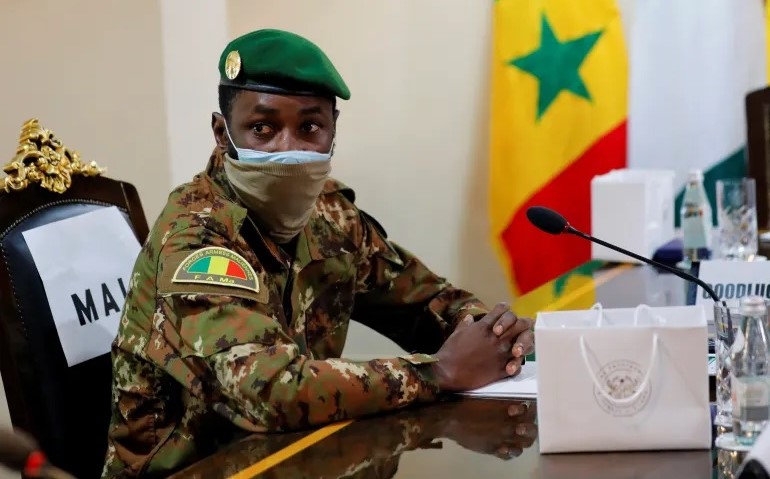U.S. Government concerned about Mali election delay

BY JIBRIL TURE
In a press release issued yesterday by the Office of the State Department’s Spokesperson, the U.S. Government stated its concern about the Malian government’s failure to provide an updated electorate calendar after the West African nation postponed the elections previously scheduled for 2023, followed by the restoration of democracy in 2024.
For the American government, an updated electoral calendar is “an essential step to reach a new era of civilian-led democratic governance.” The press release reads: “The United States calls on Mali’s transition government to honor its commitments to its citizens and hold free and fair elections,” adding, “In Mali and elsewhere, democracy remains the best foundation for stability and prosperity.”
U.S. calls for the restoration of democracy in Mali is nothing new since the rule of law was upended in the country in 2020 after the coup that toppled the democratically-elected president, Ibrahim Boubacar Keïta, in August 2020. On June 13, 2022, the U.S. Government acknowledged the 24-month transition timetable starting in March 2022 then announced by the Malian Government to bring back democracy. Secretary of State Blinken said then, “We urge the Malian transition government to make sustained, tangible action toward holding elections, including detailed benchmarks and the early adoption of the electoral law.” The top U.S. diplomat added, “Transparent and inclusive processes that respect diverse perspectives and fundamental freedoms are critical to building a strong foundation for the future.”
One must note the pressure applied on Mali’s authorities back then by the Economic Community of West African States, ECOWAS, urging Mali to return to the rule of law. Speaking in rather diplomatic terms, the U.S. government said back then that it “welcomes the commitment of the Economic Community of West African States (ECOWAS) to continued engagement with Malian authorities to support efforts to restore constitutional rule.” Taking it one step further, the U.S. Government said, “We encourage Mali and ECOWAS to reach agreement in particular on a robust monitoring mechanism with tangible benchmarks for the remainder of the transition.”
The devastating impact of Russia on Africa’s fragile democracies via the Russian state-funded private military company known as the Wagner group—controlled until 2023 by Yevgeny Prigozhin—is no secret.
Indeed, decades after retreating from the forefront of global affairs in the aftermath of the fall of the Berlin Wall in 1989 and the subsequent break-up of the Soviet Union, Russia recently reemerged on the global stage. Previously seen as a defunct superpower in retreat, the Kremlin unleashed its diplomats and security personnel around the globe to rekindle old ties and create new ones. To stay in power, the leaders in some of the young, vulnerable nations of Africa prone to political instability proved easy prey for Moscow’s extralegal strategy: deployment of mercenaries, disinformation, election interference, and extraction of the countries’ mineral resources for their leaders’ protection. Mali is one of these African nations.
In-keeping with its commitment to fostering the rule of law on the continent, the United States imposed sanctions on three high-level Malian officials in July 2023 “for having materially assisted, sponsored, or provided financial, material, or technological support for, or goods or services to or in support of, the Wagner Group.” Click here to read more.

